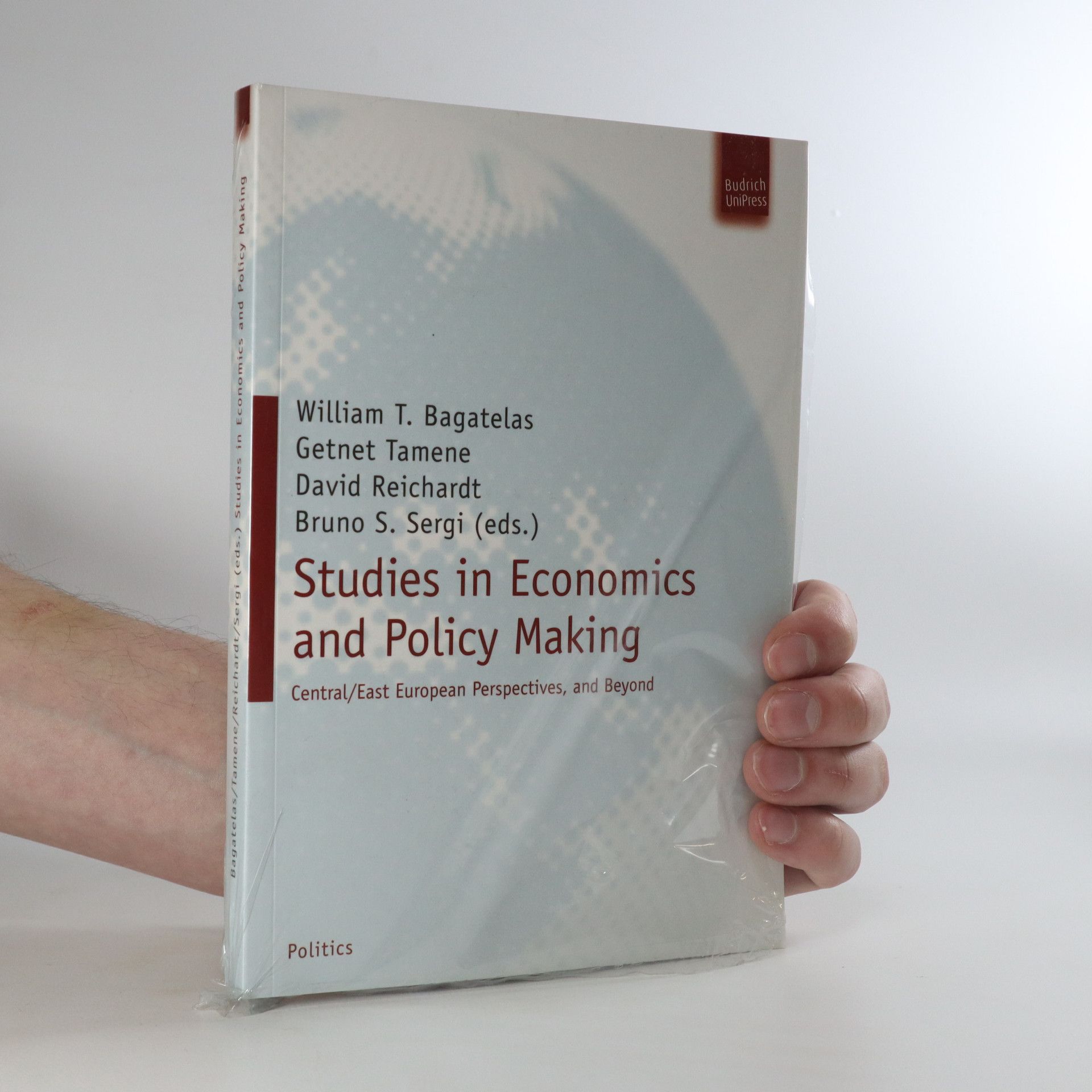William T. Bagatelas Bücher



This book presents a broader, more courageous interpretation of economic thinking and associated tasks of policy making. The reader will go far beyond traditional boundaries of economic thought and practice. While conceptualizing in broader manner, the fundamentals of economic and managerial thought in the context of today’s transformation process, it offers a genuine account regarding the pace of adaptation and change, in the wake of globalization’s latest phase. It asserts that knowledge management has become an essential component beyond previous assumptions, while complimenting and enhancing larger achievements at domestic and international levels. Increasingly, necessary managerial skill levels and ability, including enhanced leadership skills, effective communication, and capacities for knowledge mobilization, while enhancing ethical outcomes, help lead societies towards greater success amidst greater uncertainty.